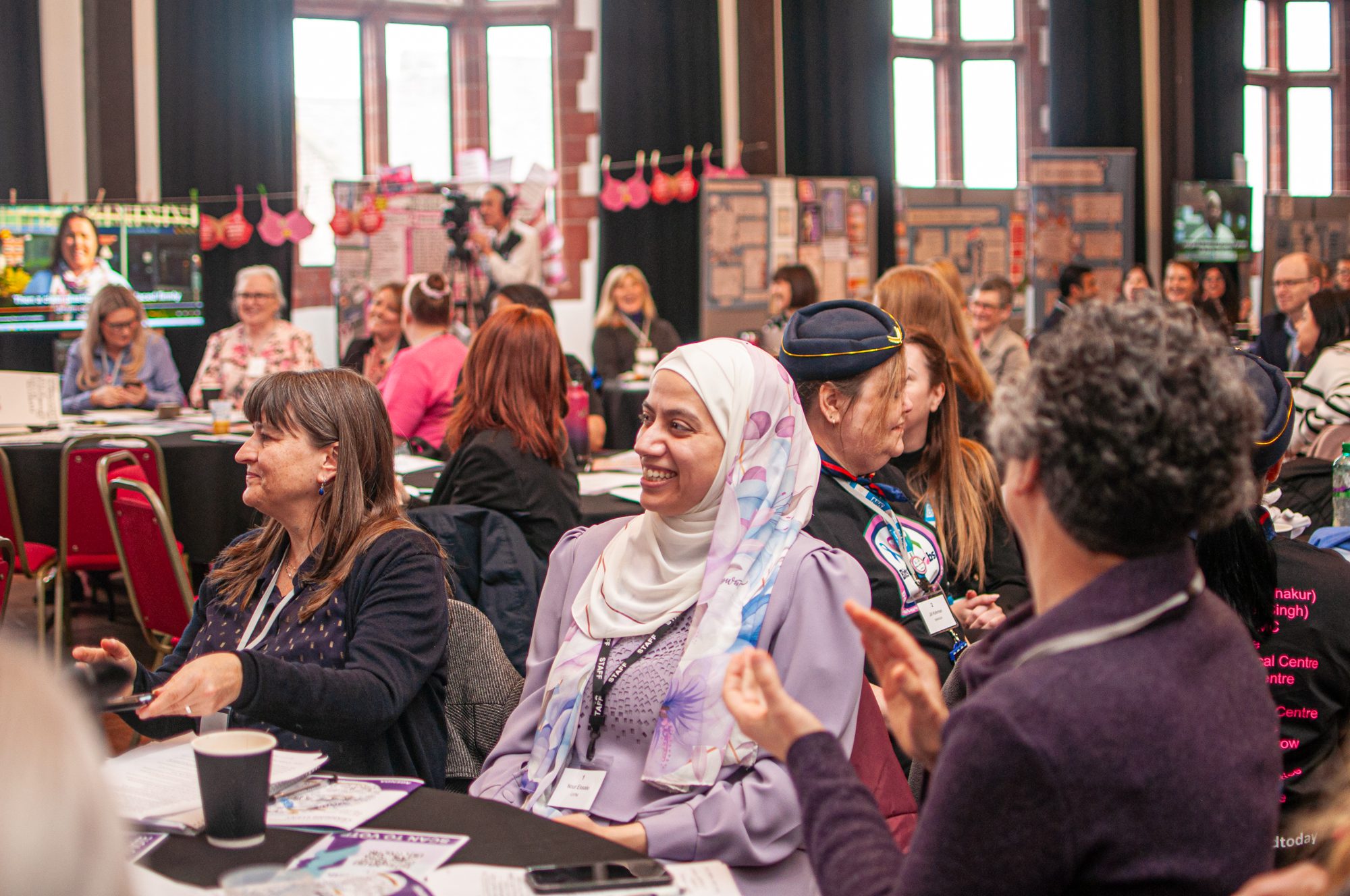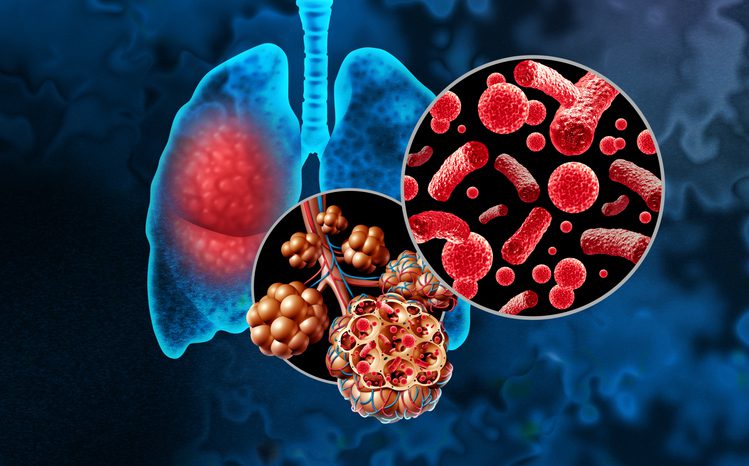- Find our latest Case Studies
- Our Platforms
ReCITE: Tackling avoidable and unfair differences in health through community-driven storytelling

In an initiative led by the Liverpool School of Tropical Medicine (LSTM), the ReCITE project is set to make a significant impact on public health in Merseyside’s most deprived communities. With a generous £2.5 million funding from UK Research and Innovation (UKRI) as part of the Arts and Humanities Research Council, Mobilising Community Assets to Tackle Health Inequalities program, ReCITE aims to build trust and enhance uptake of essential health prevention and promotion measures, such as cancer screening, childhood immunisation, and social and mental wellbeing services.
Empowering Communities through Storytelling
ReCITE is more than just a health intervention; it is a vibrant, community-driven project that combines the power of storytelling with local health expertise. By collaborating with individuals who have firsthand experience of health disparities, along with health providers, community champions, and storytellers, ReCITE will create immersive, multimedia stories. These stories are designed to build confidence in preventative public health measures and counteract misinformation.
The project’s approach involves linking local communities with creative professionals to develop compelling narratives that resonate with residents. This strategy not only aims to increase awareness and trust but also empowers communities to advocate for their own health needs.
Addressing Local Health Priorities
The ReCITE project is focused on addressing health priorities in Merseyside’s most underserved areas. By using local data to identify specific health issues, such as low vaccine uptake, the project will develop targeted solutions that cater to the unique needs of each community. This localised approach ensures that the interventions are relevant and effective.
Building on Previous Success
ReCITE draws on lessons from the global south, following successful community health models for maternal and newborn health and HIV testing in Kenya. This approach has proven effective in identifying and addressing local health challenges, and it promises to bring meaningful improvements to health outcomes in Merseyside.
A Collaborative Effort
The success of ReCITE hinges on the collaboration between a diverse array of partners. ReCITE will host events that bring together health professionals, community members, and arts sector groups. These gatherings will foster collaboration, share insights, and scale up innovative Community Innovation Teams across Merseyside.
In addition to LSTM, the project benefits from the expertise and support of the Infection Innovation Consortium (iiCON), the University of Liverpool, Liverpool John Moores University, Edge Hill University, the University of Bristol, Writing on the Wall, Capacity Development International, and Collective Encounters. This coalition of institutions and organisations brings a wealth of experience and resources to the project, enhancing its potential for success.
Professor Miriam Taegtmeyer, the project lead from LSTM, expressed enthusiasm about the initiative: “We are pleased to have this opportunity to bring creative storytellers together with local communities, health professionals, and researchers. Recite puts people with lived experience at the heart of tackling health inequities, harnessing the power of telling stories that resonate with people to catalyse change and advocate for under-served communities.”
As ReCITE progresses, it will test and evaluate the effectiveness of this innovative approach, aiming to set a new standard for community-driven health interventions. By integrating creative storytelling with public health efforts, ReCITE promises to make a lasting impact on health equity in Merseyside and beyond


